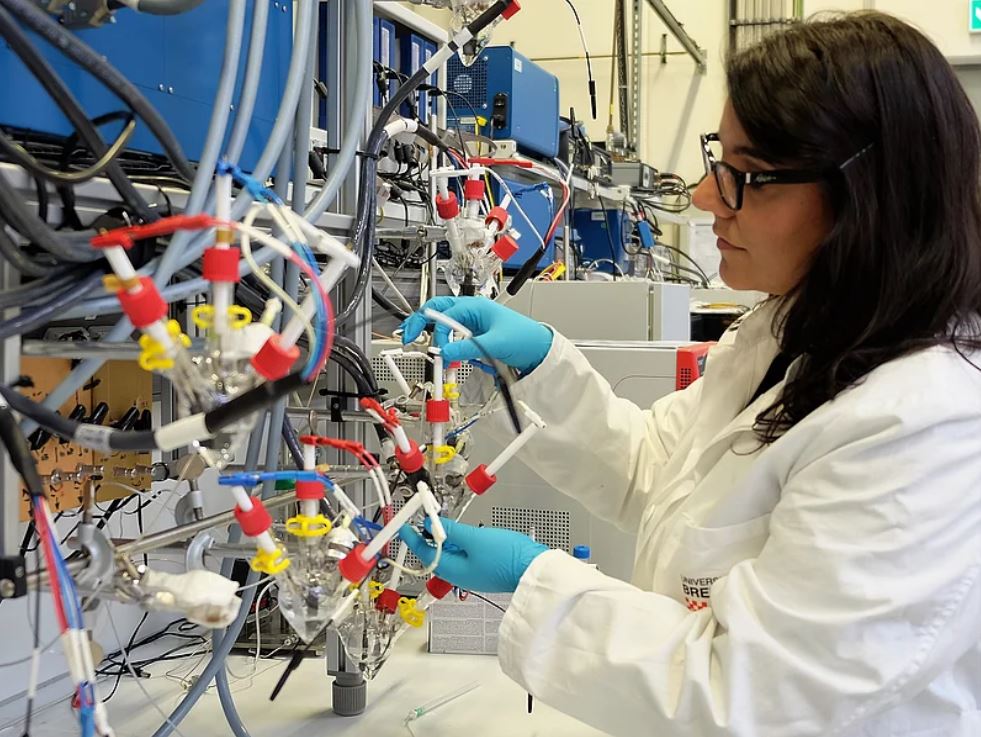Among the different materials and battery chemistries under investigation to fulfill the world's growing need for energy storage in various applications, zinc-ion has lagged behind others due to challenges in controlling side reactions that both limit reversible charging at the anode and cause the cathode to fall apart. Zinc-ion, however, still has the potential for good energy storage performance out of cheap, abundant materials.
With this in mind, a group of researchers from the University of Bremen, in Germany, has evaluated which barriers are currently preventing aqueous zinc-ion batteries (ZIBs) from becoming a mainstream storage technology for power grid applications. “In order to boost the commercialization of aqueous ZIBs as cheap and safe storage devices for the stationary grid, it is worth highlighting the challenges that remain yet to be addressed together with the adoption of good experimental practices needed to align the academic research efforts with the industrial working conditions envisaged by a practical application of this battery technology,” they explained.
According to the scientists, the two main challenges that must be addressed in future research are the increase of the specific energy of the full Zn-ion cell and the prevention of the parasitic hydrogen evolution reaction occurring during the Zn electrodeposition step. Particular attention should be given to the cycling of the zinc (II) ion (Zn2+) contained within the Zn-based anode, with respect to its total mass and the development of novel cathode materials that can achieve an average discharge voltage of the cell of at least 1.2V.
“Moreover, research efforts should also address the optimization of the electrolyte composition (eg, additives), towards the development of future water-based electrolytes, with the aim to hinder the parasitic hydrogen evolution reaction at the anode,” they went on to say, adding that electrochemical tests should be standardized and experimental data should always be averaged over at least three different measurements.
The research group is currently working on novel zinc-based anodes, low-cost environmentally-friendly cathode materials, and the optimization of water-based electrolytes. Its findings were presented in the commentary article “Open challenges and good experimental practices in the research field of aqueous Zn-ion batteries,” which was recently published in nature communications.
This content is protected by copyright and may not be reused. If you want to cooperate with us and would like to reuse some of our content, please contact: editors@pv-magazine.com.




By submitting this form you agree to pv magazine using your data for the purposes of publishing your comment.
Your personal data will only be disclosed or otherwise transmitted to third parties for the purposes of spam filtering or if this is necessary for technical maintenance of the website. Any other transfer to third parties will not take place unless this is justified on the basis of applicable data protection regulations or if pv magazine is legally obliged to do so.
You may revoke this consent at any time with effect for the future, in which case your personal data will be deleted immediately. Otherwise, your data will be deleted if pv magazine has processed your request or the purpose of data storage is fulfilled.
Further information on data privacy can be found in our Data Protection Policy.